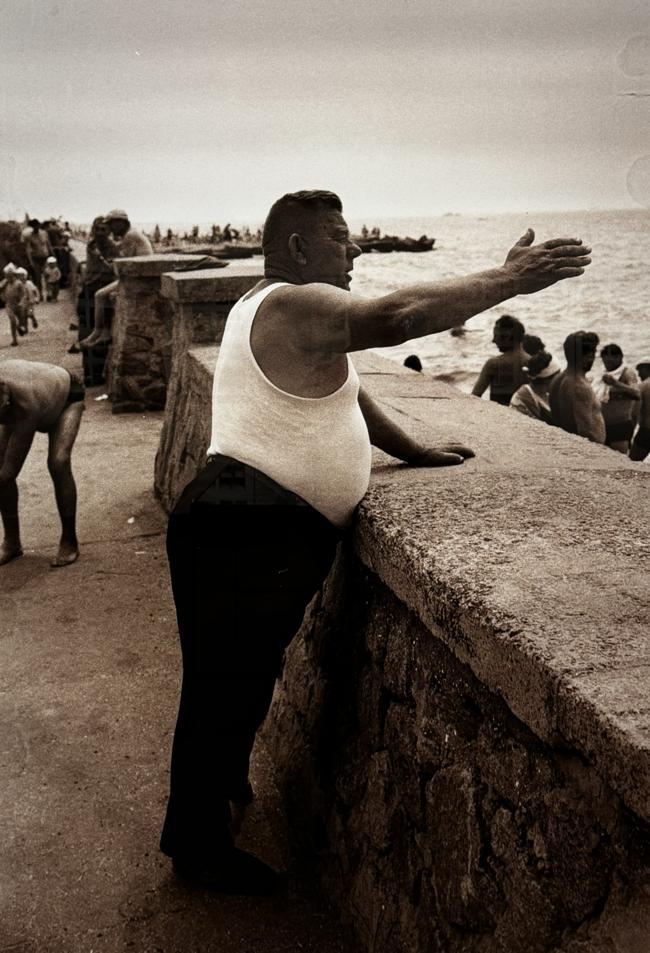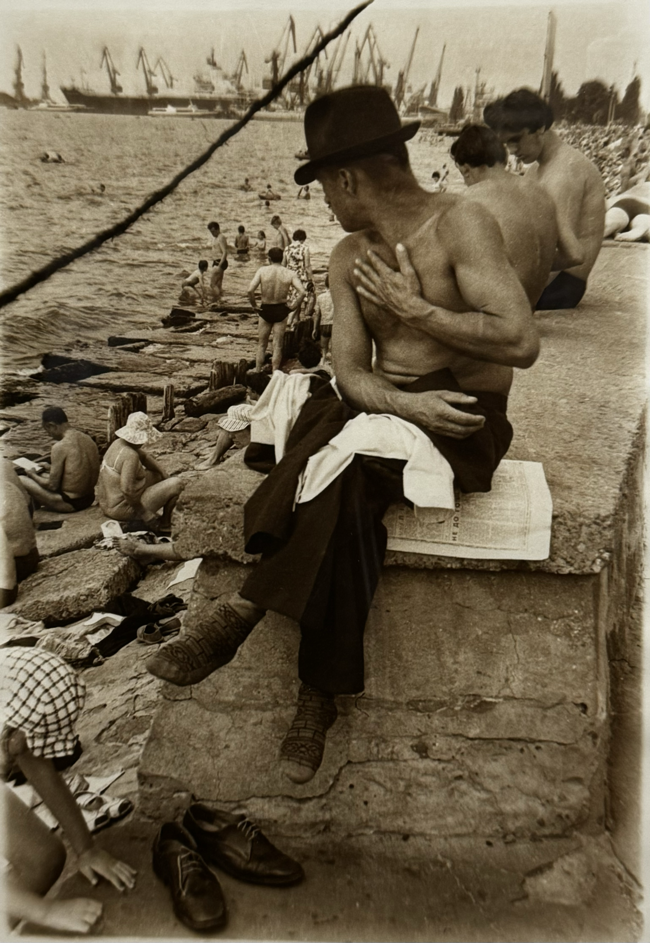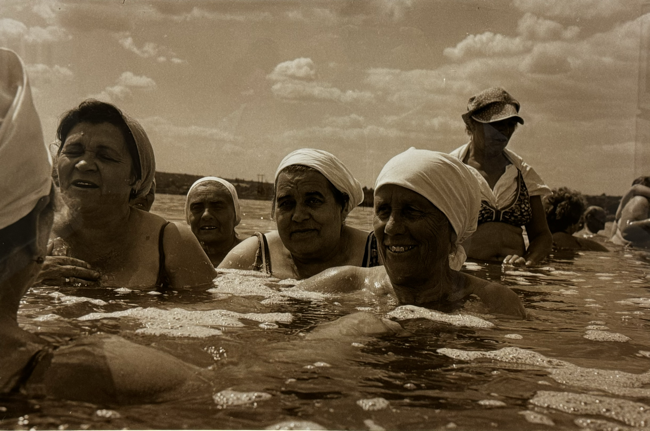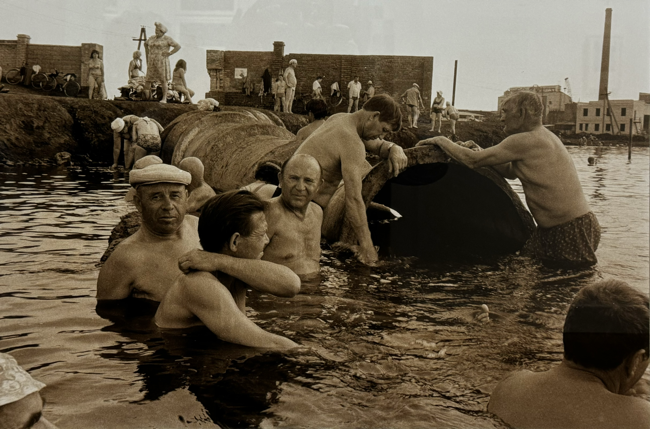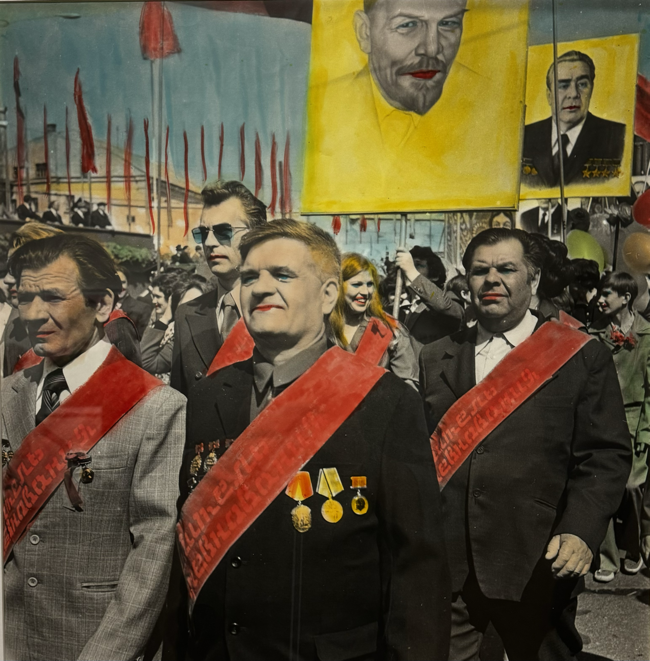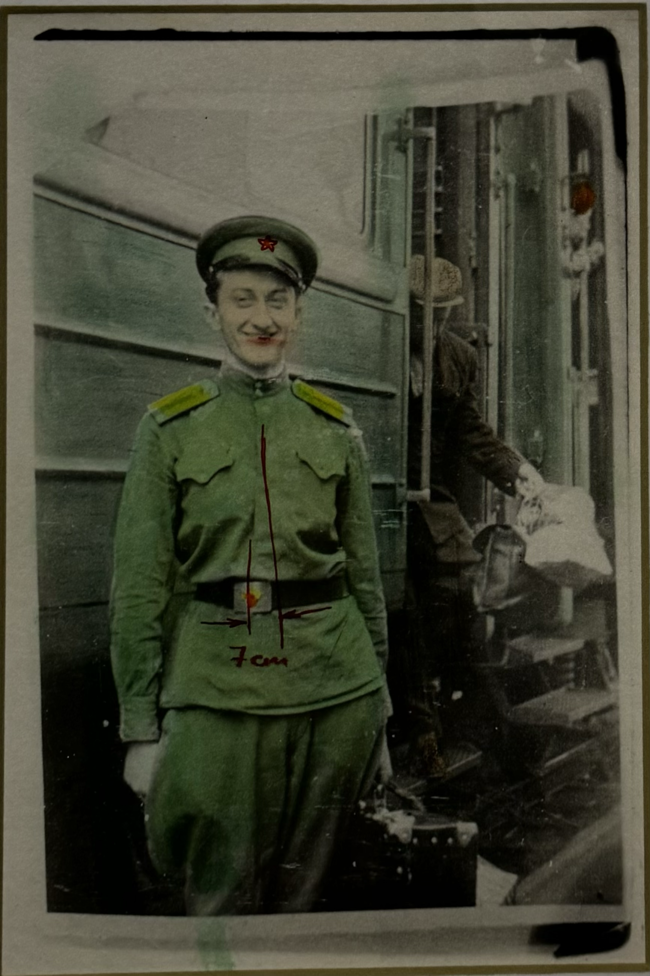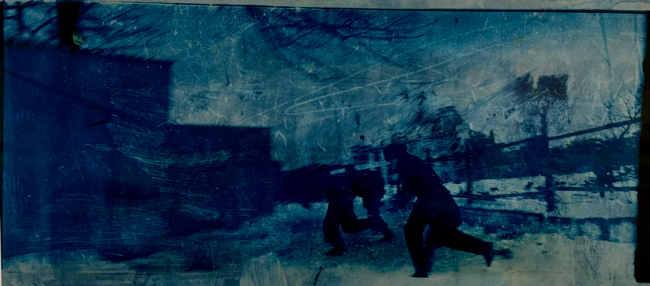Boris Mikhailov is one of the most influential photographers to emerge from Eastern Europe in the latter half of the 20th century. Born in Kharkiv, Ukraine, in 1938, Mikhailov has developed a body of work that is as much about personal expression as it is about documenting the socio-political landscape of the Soviet Union and its aftermath. His photography, often raw and determined, captures the complexities and contradictions of life under Soviet rule and the subsequent transition period. Fotomuseum Den Haag opens the Ukrainian Diary in a large retrospective covering his work from 1965 to 2019. Mikhailov’s early work, starting in the 1960s, was shaped by his background in engineering and his experiences living in the Soviet Union. During this period, he began experimenting with various photographic techniques, often using expired film and unconventional developing processes to achieve unique aesthetic effects. His most favoured topic was nudes, which was frowned upon and could lead to losing one’s job or even straight to jail. Mikhailov lost his job but continued to push boundaries by mocking the Soviet propaganda and coloring black-and-white pictures. He persisted in developing his own artistic language to document everyday life in his country, with stunning at times humorous, pictures of his fellow countrymen, enjoying the sun or a bath at the seaside. Boris Mikhailov’s photography is a profound exploration of the human condition under the pressures of historical and political change. His work, marked by its honesty, innovation, and emotional depth, provides an invaluable record of life in the Soviet Union and post-Soviet Eastern Europe.
